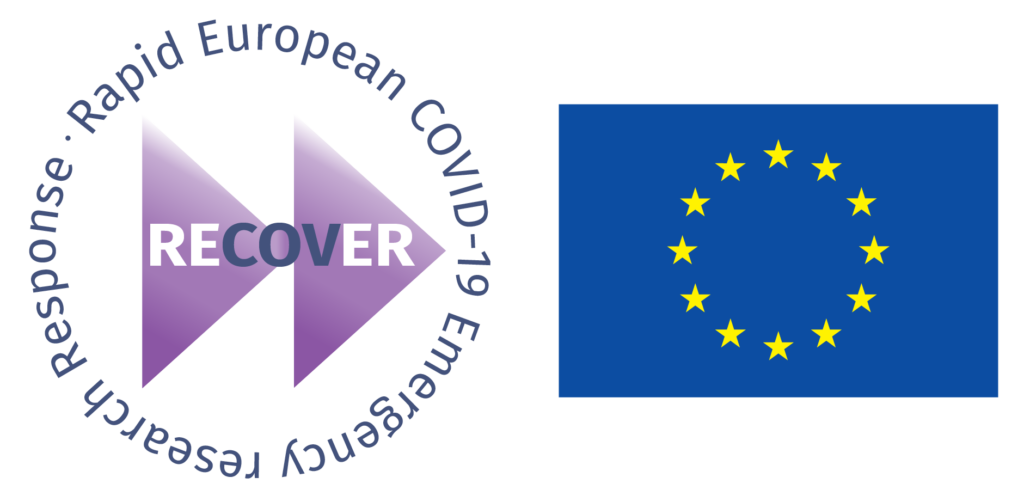The impacts of healthcare professionals being research participants are often neglected. As professionals, they tend to be perceived as ‘immune’ to many negative effects of sharing their experiences. However, in the context of an ongoing global pandemic such as COVID-19, these assumptions can be clearly challenged. In March 2022, the RECOVER Social Science team, together with other collaborators, published a new article that draws on their experiences of conducting single and longitudinal qualitative interviews with Health Care Professionals (HCP) in primary, secondary and tertiary settings during the COVID-19 pandemic in Europe during 2020.
